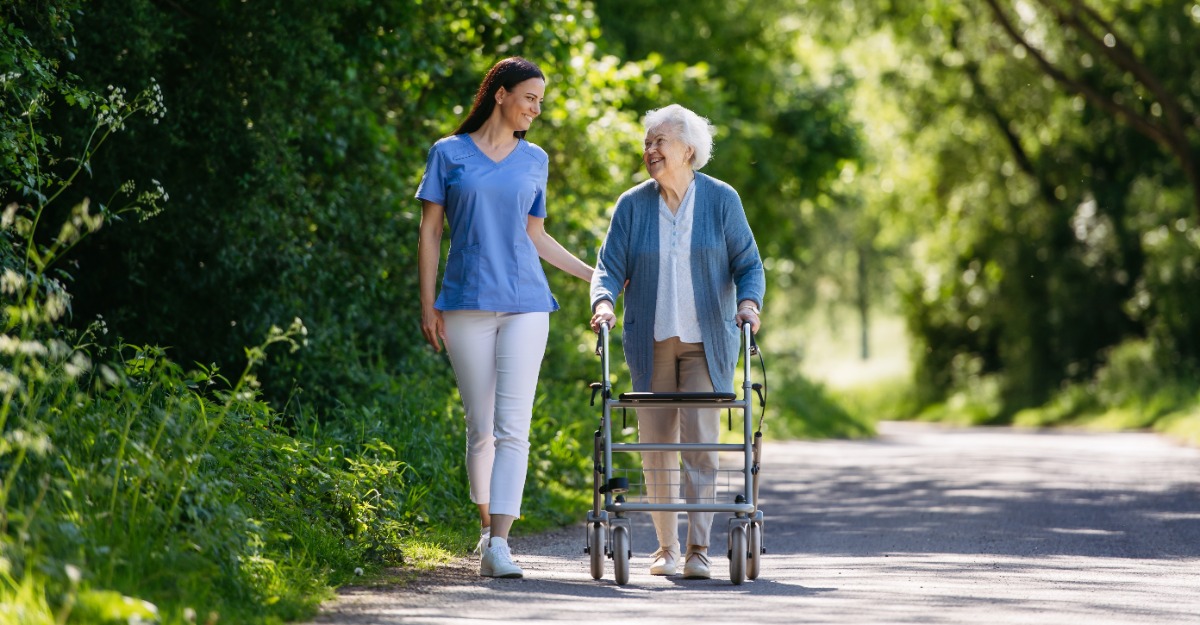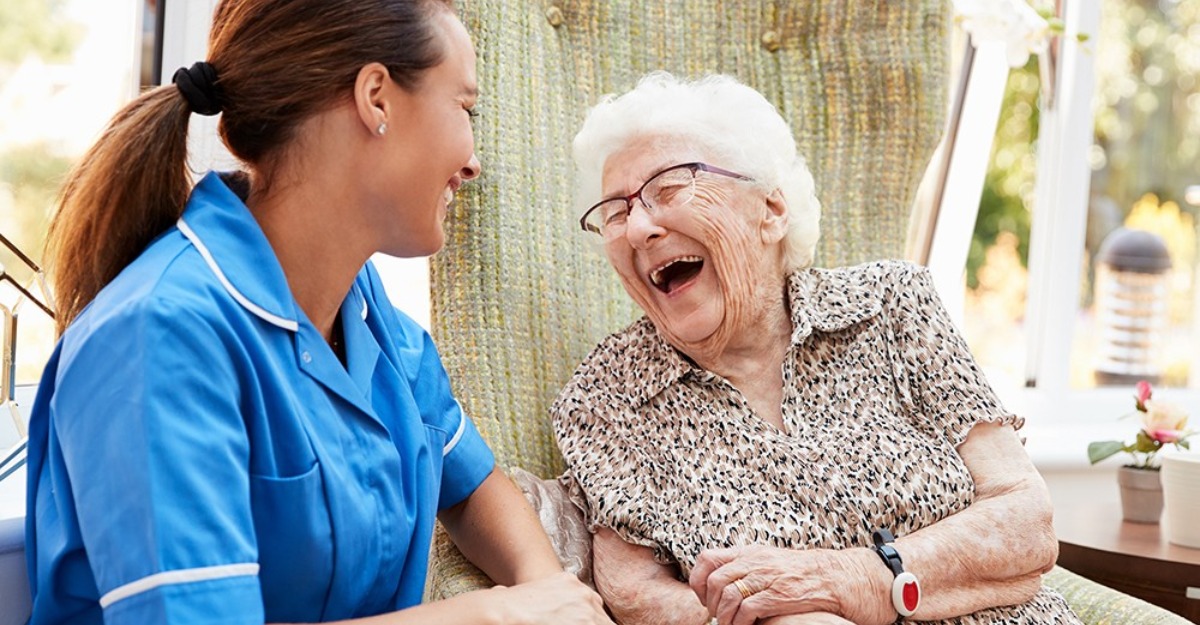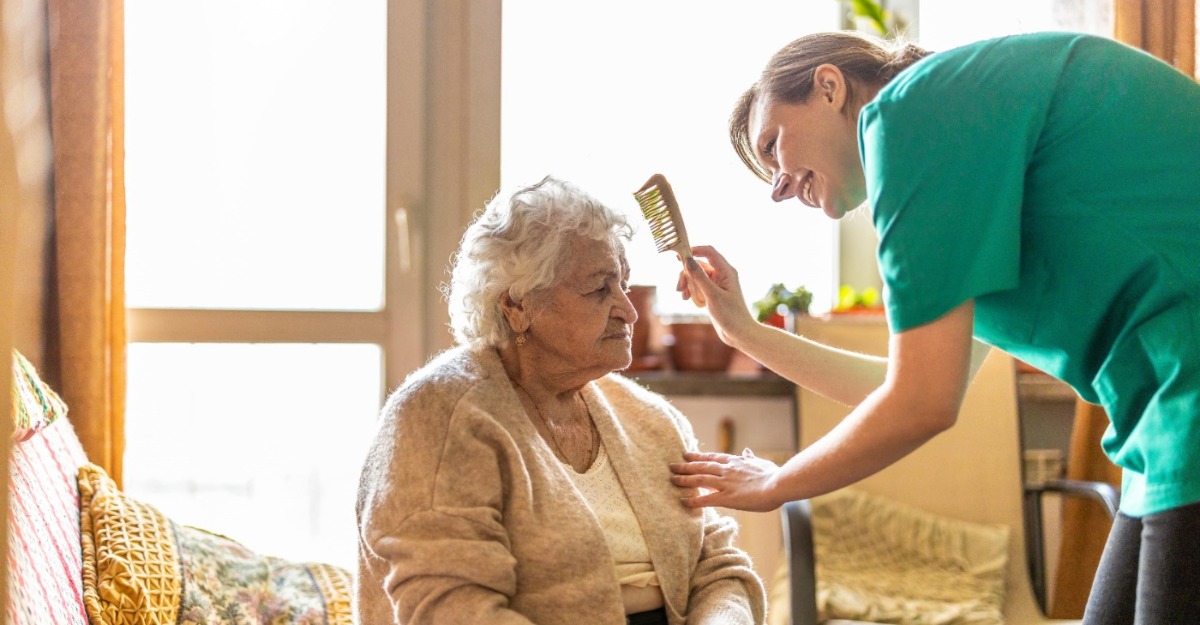As a GP in the UK, I often find myself emphasising the importance of the “use it or lose it” principle to my older patients. This adage holds true for both physical and cognitive functions as we age.
Regular engagement in activities that challenge our bodies and minds is crucial for maintaining health and independence in later years. From a physical perspective, our bodies are designed for movement.
As we age, there’s a natural tendency to become less active, which can lead to a decline in muscle mass, bone density, and overall physical function.
This decline isn’t an inevitable part of ageing; rather, it’s often the result of reduced activity.

Regular physical activity can help maintain strength, flexibility, and balance, reducing the risk of falls and preserving independence.
Cognitively, our brains benefit from regular stimulation.
Just as muscles waste without use, cognitive functions can decline if not regularly exercised. Engaging in mentally stimulating activities can help maintain cognitive function, potentially delaying the onset of dementia and other age-related cognitive decline.
The Importance of Physical Exercise For The Elderly
Physical activity is vital when it comes to ‘healthy ageing’, it offers countless benefits for the body and mind.
Regular movement helps maintain muscle strength, flexibility, and balance. It also supports cardiovascular health, improves joint mobility, and can ease symptoms of chronic conditions such as arthritis.
Beyond physical benefits, staying active boosts mood and energy levels. Exercise triggers the release of endorphins, the body’s natural feel-good chemicals, which can help alleviate feelings of anxiety or depression. An active lifestyle can also help to foster independence, allowing you to continue enjoying everyday tasks and hobbies.
Incorporating physical activity into daily life doesn’t have to mean intense workouts. The key is consistency, ensuring that you can enjoy a higher quality of life for years to come.
The Importance of Mental Exercise For The Elderly
Just as physical activity keeps the body fit, mental exercise is crucial for maintaining cognitive health in older age.
Engaging the brain regularly helps sharpen memory, improve focus, and slow cognitive decline, which is vital in preventing conditions such as dementia or Alzheimer’s.
Mental exercises stimulate neural connections, keeping the brain active and adaptable. Social interaction can also play a key role – sharing stories, participating in group discussions, or even chatting with loved ones helps keep the mind engaged and combats feelings of isolation.
By fostering a healthy mind, you can enjoy a richer, more fulfilling lifestyle. Prioritising mental fitness can help to maintain independence, confidence, and a sense of purpose.

Here are some activities I recommend to my patients to help preserve both physical and cognitive function:
Physical Activities
Walking: A simple yet effective form of exercise that can be easily incorporated into daily routines.
Swimming: Low-impact and excellent for overall fitness, particularly beneficial for those with joint issues.
Tai Chi or Yoga: These practices combine physical movement with mental focus, improving balance and reducing fall risk.
Resistance training: Using light weights or resistance bands can help maintain muscle mass and bone density.
Gardening: A practical activity that provides both physical exercise and a sense of accomplishment.
Cognitive Activities
Reading: Engages the mind and can expose you to new ideas and information.
Puzzles and brain teasers: Crosswords, Sudoku, and jigsaw puzzles are excellent for mental stimulation.
Learning a new skill or language: Challenges the brain to form new neural connections.
Social engagement: Conversations and social activities provide mental stimulation and emotional support.
Arts and crafts: Activities like painting or knitting can improve fine motor skills and cognitive function.
Combining Physical & Mental Exercise
A great way to stay on top of your health is to take part in activities that consist of both physical and cognitive elements.
For instance, dance classes not only provide physical exercise but also require mental engagement to learn and remember steps.
Similarly, team sports or group exercise classes offer both physical benefits and social interaction.
It’s Never Too Late to Start
I often remind my patients that it’s never too late to start.
Even if you haven’t been particularly active, beginning a new exercise routine or taking up a new hobby can yield significant benefits. The key is to start slowly and gradually increase the intensity or complexity of activities.
For those with existing health conditions, it’s crucial to tailor activities to individual capabilities. I always recommend consulting your GP surgery before starting any new exercise regimen, especially for those with chronic conditions or mobility issues.
Remember, the goal isn’t to run marathons or become a chess grandmaster!
The aim is to keep both body and mind active and engaged. Even small, consistent efforts can make a significant difference in maintaining health and independence as we age.
How care can help
Professional care can be useful for far more that most people realise.
Home care can play a pivotal role in encouraging physical and mental exercise for elderly individuals. Caregivers can offer tailored support to help boost engagement in activities suited to individual abilities and interests, ensuring safety and motivation every step of the way.
For physical fitness, caregivers can assist with gentle exercises such as stretching, walking, or light aerobics, all of which are vital for maintaining mobility and reducing the risk of falls.

They can also help establish a routine, making it easier to stay consistent and reap the long-term benefits of regular movement.
When it comes to mental stimulation, caregivers can introduce brain-boosting activities such as puzzles, word games, or even learning new skills. For those who enjoy social interaction, caregivers can facilitate outings or group activities, which are excellent for mental well-being and combating loneliness.
Professional home care can help people experience the joy of staying active, both physically and mentally, without feeling overwhelmed, ensuring a healthier and more fulfilling lifestyle.
Final Thoughts
I encourage my patients to view physical and mental activities not just as health maintenance but as things to enjoy.
Staying active physically and mentally can enhance quality of life, foster new social connections, and provide a sense of purpose and accomplishment.
Remember, the “use it or lose it” principle is a powerful reminder of our ability to influence our health as we age. By engaging in regular physical and cognitive activities, we can work towards preserving our functions and enjoying a more active, independent, and fulfilling life in our later years.
For any help or advice on keeping active as an elderly individual, or for those seeking support, speak to one of our friendly team members today, we are always happy to help.
